For those of you who still have problem like me because they are not familiar with avro, here is one working schema transformation that I found after some tinkering.
For example, if you have table from bigquery like this

And you want to use user_id as the bigtable row_key and ingest all columns, here is the example code to encode them as avro file.
from avro.schema import Parse
from avro.io import DatumWriter
from avro.datafile import DataFileWriter
bigtable_schema = {
"name" : "BigtableRow",
"type" : "record",
"namespace" : "com.google.cloud.teleport.bigtable",
"fields" : [
{ "name" : "key", "type" : "bytes"},
{ "name" : "cells",
"type" : {
"type" : "array",
"items": {
"name": "BigtableCell",
"type": "record",
"fields": [
{ "name" : "family", "type" : "string"},
{ "name" : "qualifier", "type" : "bytes"},
{ "name" : "timestamp", "type" : "long", "logicalType" : "timestamp-micros"},
{ "name" : "value", "type" : "bytes"}
]
}
}
}
]
}
parsed_schema = Parse(json.dumps(bigtable_schema))
row_key = 'user_id'
family_name = 'feature_name'
feature_list = ['channel', 'zip_code', 'history']
with open('features.avro', 'wb') as f:
writer = DataFileWriter(f, DatumWriter(), parsed_schema)
for item in df.iterrows():
row = item[1]
ts = int(datetime.now().timestamp()) * 1000 * 1000
for feat in feature_list:
writer.append({
"key": row[row_key].encode('utf-8'),
"cells": [{"family": family_name,
"qualifier": feat.encode('utf-8'),
"timestamp": ts,
"value": str(row[feat]).encode('utf-8')}]
})
writer.close()
Then you can use dataflow template job to run the ingestion.
Complete code can be found here: https://github.com/mitbal/sidu/blob/master/bigquery_to_bigtable.ipynb
